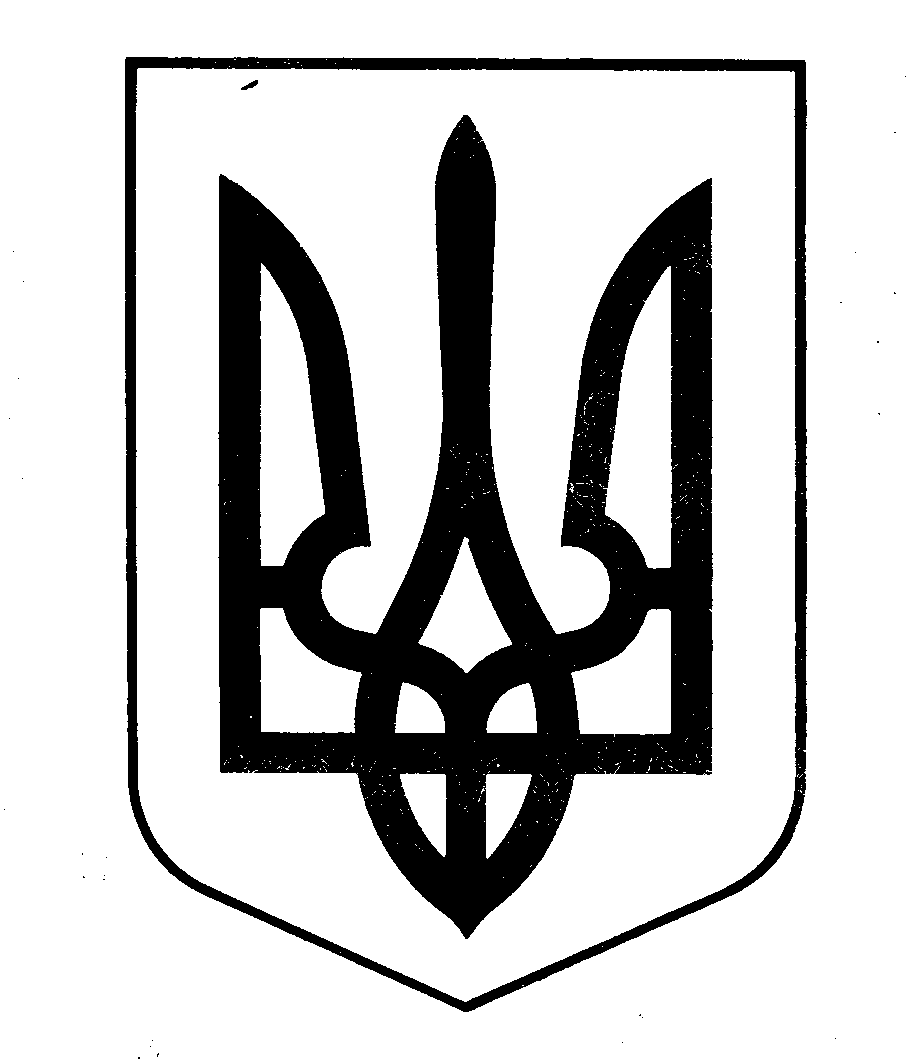HOW DO WE GET THE INSTITUTIONS RIGHT? THE CONDITIONS
UNMIK PROVISIONAL INSTITUTIONS OF SELFGOVERNMENT INSTITUCIONET E PËRKOHSHME11 ORGANIZATIONS AND INSTITUTIONS ACC ACADEMIA DE CIENCIAS DE
15052004 S96 COMMUNITY INSTITUTIONS EC INSTITUTIONS OPEN
4 STRENGTHENING THE INSTITUTIONS FOR REGIONAL WATER MANAGEMENT IN
400001U DEPARTMENT OF EDUCATION NOTICE INVITING POSTSECONDARY EDUCATIONAL INSTITUTIONS
45 the Causal Mechanisms of Interaction Between International Institutions
How do we get the institutions right
How do we get the institutions right?
The conditions for institutional effectiveness.
Cheryl Boudreau and Nicholas Weller
Over the last few decades, scholars have devoted considerable attention to studying how institutions affect economic growth, policy outcomes, political behavior, and democratic stability (North 1990, Knack and Keefer 1995, Lupia and McCubbins 1998, Linz and Stepan 1996). Regardless of the particular question of interest, however, these scholars all argue that institutions play a significant role in shaping macro-level outcomes.
Although much of this literature explores the macro consequences of institutions, it often ignores or oversimplifies the micro foundations that underpin institutional effectiveness. For instance, for institutions to generate economic growth they must change actors’ levels of trust (Zak and Knack 1998). While we do not minimize the difficulty of implementing or changing policies, we argue that much less is known about how and when institutions affect behavior than is acknowledged typically. Because institutions have their affect through changing micro-level behavior such as trust, learning, and cooperation, we argue that understanding how and when institutions affect behavior is crucial to getting the institutions “right” and ultimately changing macro-level phenomena, such as economic growth and voter competence.
In this paper we introduce a set of necessary conditions an institutions must meet to affect individual behavior, and therefore be considered an “effective institution.” These conditions suggest there are rather narrow circumstances under which we should expect institutions to change people’s behavior. After outlining our theory of effective institutions, we discuss a number of empirical results from experiments in economics and political science that suggest institutional effectiveness only occurs under specific circumstances and may be harder to achieve than the literature often suggests.
Biography of Nicholas Weller
Nicholas Weller is a third-year graduate student in the UC-San Diego political science. Weller graduated from Rice University in 1999 with a double major in history and policy studies. His research is on the effect of institutions on political and economic outcomes, specifically on the interaction between cognition and institutions. Between graduating from Rice University and starting graduate school at UCSD, he spent one year working as a Volunteer in Service to America (VISTA) and over two years as the education policy analyst at Cascade Policy Institute.
Biography of Cheryl Boudreau
Cheryl Boudreau is a Ph.D. candidate in the department of political science at the University of California, San Diego. She received her undergraduate degree from Washington University in St. Louis, where she majored in psychology and political science. Her research interests include political behavior, law, and experimental methods. Specifically, her research integrates theories of learning from cognitive science into analyses of how voters and jurors make decisions. Her coauthored publications include “Statutory Interpretation and the Intentional(ist) Stance” and “The Judge as a Fly on the Wall: Interpretive Lessons from Positive Theories of Communication and Legislation.”
Progress on paper
We have finished most of the experiments on which the empirical section of the paper is based. We also have an initial draft of the paper that is nearly complete.
Faculty familiar with paper
Professor Mathew McCubbins very familiar with the paper’s arguments and progress.
A) MANDATORY DISCLOSURE MANDATORY DISCLOSURE BY INSTITUTIONS RUNNING AICTE
ACCREDITATION OF HIGHER EDUCATION INSTITUTIONS ACCORDING TO ARTICLE 3
ADDENDUM TO BIC CERTIFICATION FOR DEPOSITORY INSTITUTIONS THAT
Tags: conditions for, these conditions, conditions, right?, institutions
- JUZGADO DE PRIMERA INSTANCIA NUMERO 7 DE SEVILLA AVD
- EL SR MILÀ I SOLSONA GRÀCIES SENYOR PRESIDENT HONORABLE
- NASLOV REFERATA [PISAVA ARIAL VELIKOST 20 KREPKO] IME IN
- WNIOSEK O WYDANIE ORZECZENIA O STOPNIU NIEPEŁNOSPRAWNOŚCI NR
- UVOD U BAZE PODATAKA BAZE PODATAKA PREDSTAVLJAJU VIŠU RAZINU
- JOE EDITOR POMICANJE PO TEKSTU ^B LIJEVO (BACK) (STRELICA
- APPLICATION FOR APPROVED CAT BREEDER LICENCE SCHEDULE 1
- THE MARYLAND STATE PARENTAL INFORMATION RESOURCE CENTER (PIRC) IS
- ZAŁĄCZNIK NR 2 KLAUZULA INFORMACYJNA DLA UCZESTNIKÓW KONKURSURODZICÓWICH PRAWNYCH
- DATOS SOBRE LA RECOGIDA DE RESIDUOS SÓLIDOS URBANOS FRACCIÓN
- V ZDELÁVACIA OBLASŤ ČLOVEK A PRÍRODA PROJEKT VYUČOVACEJ JEDNOTKY
- DARBUOTOJŲ MIGRANTŲ SOCIALINĖS APSAUGOS ADMINISTRACINĖ KOMISIJA 1 E 104
- Ðïࡱáþÿ ¥áe п)bjbjº³º³(øùcbøùcbµ Sÿÿÿÿÿÿ·ð ð Lllllÿÿÿÿx80x80x808¸ôx80!nøø|tttoi us u u
- ORD Nº 4726332 MATERIA DIRECCIÓN DEL TRABAJO FISCALIZADORES FACULTADES
- MODELO FINIQUITO DE CONTRATO DE TRABAJO EN A
- CONVERSIÓN DE UN PADRE LUIS VEUILLOT FUE UN ESCRITOR
- A CASEWORKER’S GUIDE TO PROCESSING CASES WITH CANADA “A
- VISI (2009) 17 (1) 28 38 KERUSAKAN HUTAN
- GOVERNMENT OF KARNATAKA NO FEE 215 ENV 2000 KARNATAKA
- SMLOUVA O NÁJMU PROSTOR SLOUŽÍCÍ K PODNIKÁNÍ NEMOCNICE S
- INTERAMERICAN PRINCIPLES ON THE HUMAN RIGHTS OF MIGRANTS REFUGEES
- RESUMEN DE LAS CARACTERISTICAS DEL PRODUCTO 1 DENOMINACIÓN DEL
- 109學年課程表(20209~20216)【道學碩士】 點按課程就可以看到教學計畫表 202043 初版 道碩一 第一學期(秋) 道碩一 第二學期(春) 暫訂
- PRÁCTICA 8 R EN UN ARTÍCULO RECIENTE “IS IT
- HONORARVERTRAG ZWISCHEN (MANDANT) UND RECHTSANWALT BERNHARD MÜLLER (ANWALT) WIRD
- 16 POJAM MIGRACIJE – MIGRACIJSKI TERMINI I KONCEPTI ZNANOSTI
- LONG ISLAND COMPANIES ARE HIRING!! WEEK OF 242019 ALL
- THOMPSONMILLER FUNERAL HOME INC 124 EAST NORTH STREET BUTLER
- MICROBIOLOGY METHOD CATEGORIES COSMETICS SCHEME CODES TOTAL AEROBIC MESOPHILIC
- DEPARTAMENTO DE SALUD Y SERVICIOS HUMANOS ADMINISTRACIÓN PARA LA
 FRM15-DDD
FRM15-DDD FACULTAD DE ESTOMATOLOGÍA ASIGNATURA ANATOMIA DENTAL Y OCLUSION SILABO
FACULTAD DE ESTOMATOLOGÍA ASIGNATURA ANATOMIA DENTAL Y OCLUSION SILABOEXPTE 3162015 ASUNTO CONTRATO DE SERVICIOS LUCHA ANTIVECTORIAL PLIEGO
 NOLIKUMS PROJEKTĒŠANA BŪVDARBI UN AUTORUZRAUDZĪBA POLIGONA „KAUDZĪTES” PIEVADCEĻA SAKĀRTOŠANAI
NOLIKUMS PROJEKTĒŠANA BŪVDARBI UN AUTORUZRAUDZĪBA POLIGONA „KAUDZĪTES” PIEVADCEĻA SAKĀRTOŠANAIRESUME MICHAEL J BULL 705 CARSON SPRINGS ROAD NEWPORT
APRIL 2015 A FORECAST OF THE SPEND FOR EACH
 2 GUIA PER A LA TRAMITACIÓ DE LLICÈNCIES D’ACTIVITATS
2 GUIA PER A LA TRAMITACIÓ DE LLICÈNCIES D’ACTIVITATSBEYOND THE OREGON TRAIL FACILITATOR GUIDE WEBSITE EVALUATION JANUARY
ORTA DOĞU TEKNIK ÜNIVERSITESI FACULTY OF ARTS & SCIENCES
12 POWER WORDS JINGLE THESE ARE THE 12 WORDS
 CRYSTALLOID VERSUS COLD BLOOD CARDIOPLEGIA AND CARDIAC TROPONIN I
CRYSTALLOID VERSUS COLD BLOOD CARDIOPLEGIA AND CARDIAC TROPONIN IYTTERÅNS HISTORIA DIVERSE UNDER 80 OCH 90TALEN VAR YTTERÅN
SENATO TARIHI 28042010 KARAR NO 0821 KIRIKKALE
ACUERDO PARA LA APLICACIÓN DE LA ALTERNATIVA BOLIVARIANA PARA
GENERAL INFORMATION FOR TEACHERS EACH UNIT COVERS TEN ACADEMIC
Kcactf Cover Sheet for 10minute Plays a 10minute Play
MINISTRSTVO ZA KMETIJSTVO GOZDARSTVO IN PREHRANO UPRAVA REPUBLIKE SLOVENIJE
LA SOCIOLOGÍA FUNCIONALISTA Y LA COMUNICOLOGÍA HISTÓRICA UN APUNTE
 ФАСТІВСЬКА РАЙОННА РАДА ВОСЬМОГО СКЛИКАННЯ Р І Ш Е
ФАСТІВСЬКА РАЙОННА РАДА ВОСЬМОГО СКЛИКАННЯ Р І Ш Е TSGSA1 AD HOC ON RELEASE 2000 S1IP00066 HELSINKI 29TH
TSGSA1 AD HOC ON RELEASE 2000 S1IP00066 HELSINKI 29TH